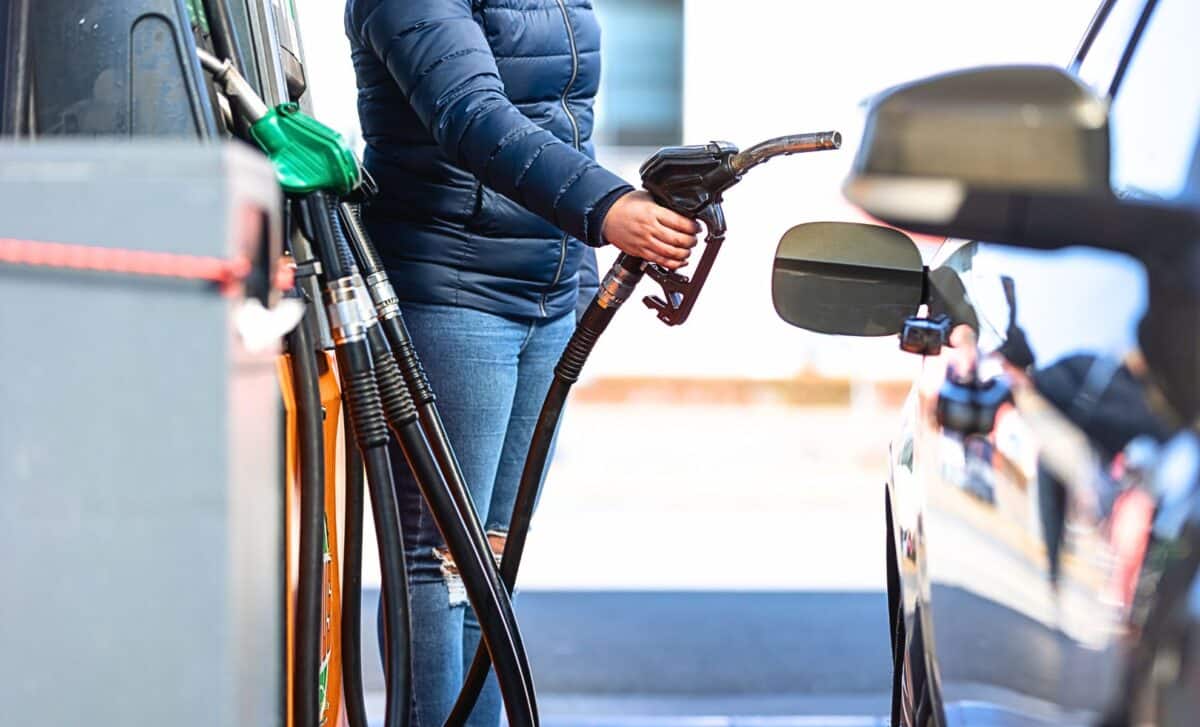Supermarkets and other gas dealers have been charged with inflating their profit margins and pushing up UK fuel price to new highs.
UK Fuel Price Crisis: RAC Calls for Government Action on High Retailer Margins
The RAC has sent a letter to Claire Coutinho, the energy secretary, pointing out that retailer fuel margins are significantly greater than they ought to be.
Following the energy crisis brought on by Russia’s invasion of Ukraine, which the Competition & Markets Authority (CMiA) estimated cost drivers £900 million, it was discovered that gas retailers had increased their profit margins.
The RAC, however, stated that it thinks merchants are still taking advantage of drivers and is requesting government intervention to address “unreasonably high” margins and prices.
According to RAC Fuel Watch data, the margin on diesel has risen to nearly 18p per litre last week, after exceeding 15p on April 22. The profit margin on gasoline has averaged 10p this year and is currently close to 12p per litre.
These figures, which represent the difference between what merchants pay for petrol and what they sell to customers, are significantly higher than the long-term average for both fuels, which is merely 8p.
Margins have increased even further in the recent week as the cost of oil has fallen dramatically from roughly $90 per barrel to $83 per barrel, lowering wholesale gasoline prices.
The average UK fuel price is 150p per litre, while diesel is 157p. If retailers were to be more fair to drivers, the RAC believes both fuels should be sold for roughly 145p, given that they have been priced nearly identically on the wholesale market for over two weeks.
The Government is attempting to address high retailer margins by increasing competition through its proposed mandatory Pump Watch fuel price transparency initiative and the establishment of a price monitoring organization.
Ahead of that, it is presently running a voluntary plan in which 14 of the largest merchants provide daily pricing for all of their websites.
RAC Advocates for Strong Price Monitoring Body Amidst Fuel Price Concerns
The RAC supports the program, but has informed the Secretary of State that it feels a strong price monitoring body is essential for fostering competition and holding retailers accountable.
Simon Williams, RAC fuel spokesman, stated, “We feel the current margins being charged by larger retailers in particular are extremely unfair on drivers struggling to get by in the cost-of-living crisis.









